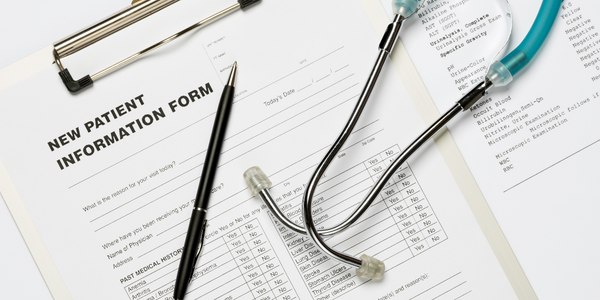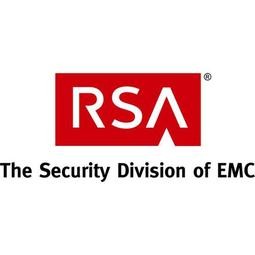Keeping Patient Information Secure for SCL Health

- Cybersecurity & Privacy - Endpoint Security
- Healthcare & Hospitals
SCL Health’s IT department faced unique challenges when planning their security. In addition to securing thousands of endpoints spread across three states, they also have to be compliant with HIPAA regulations. HIPAA, Health Insurance Portability and Accountability Act, sets rules for keeping patient information secure. If a healthcare organisation fails to secure sensitive patient information, they can face large fines and legal action. A major security goal was to make sure there were no malicious threats operating in their network. A singular locally installed anti-virus programme cannot protect against all threats. Advanced threats are smart enough to lie dormant for long periods of time and can bypass a specific antivirus engine’s vulnerabilities. SCL needed a solution that would provide stronger assurance of detecting all types of threats and that would help them show their efforts to maintain compliance with HIPAA.
SCL Health selected Metascan with RSA’s ECAT tool to protect 13,000 machines from threats. RSA’s ECAT tool analyses activity in a machine’s memory to look for threats, and to augment this monitoring for suspicious activity, Metascan® is integrated to scan files with multiple anti-malware engines. This multi-layer defense helps SCL secure machines in their network that store sensitive patient information. Metascan’s use of many anti-malware engines provides the best detection of known threats; the malware signatures for each engine are automatically updated multiple times a day to ensure that SCL Health benefits from the latest detections. Metascan also utilises each antimalware engine’s unique heuristic scanning rules to detect unknown threats. RSA ECAT, combined with Metascan, ensures that the SCL Health network is clean from threats, thus keeping patient data safe and ensuring that SCL Health is in legal compliance.
Related Case Studies.











